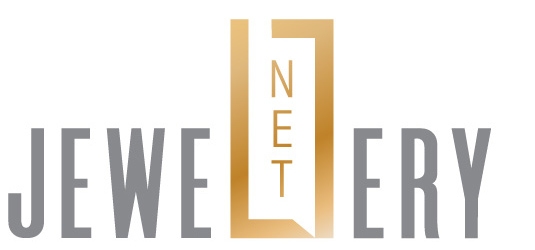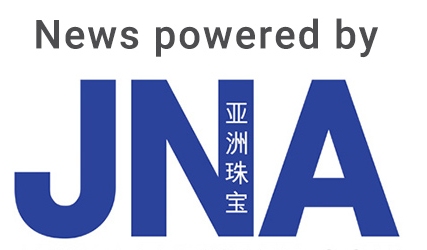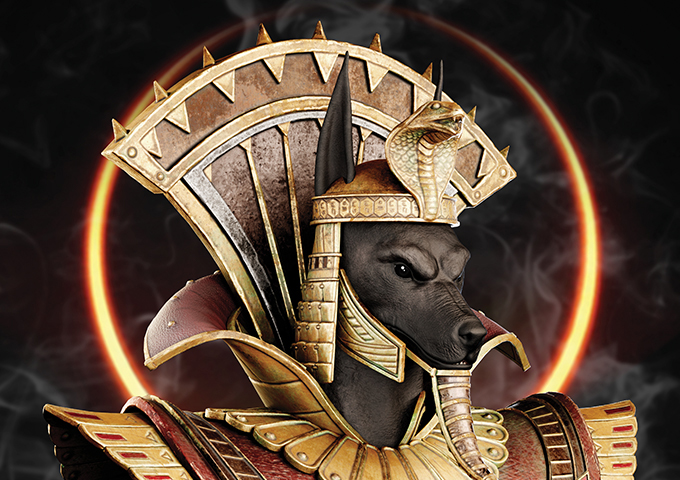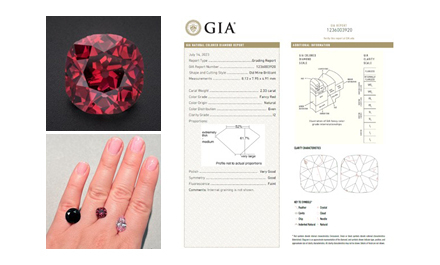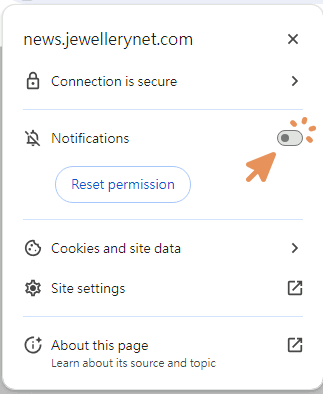The challenges of recent years have heightened the social consciousness of modern jewellery consumers, who increasingly gravitate towards ethical, environmentally responsible and sustainable products. Traceability services, fresh business models and enhanced digital platforms enable the jewellery trade to keep in step with its customers.
Sustainability, transparency and traceability – already prominent concerns in pre-pandemic days – have become major priorities in a world reeling from health, geopolitical and environmental scares. Moreover, Covid-19 accelerated the adoption of digital tools and platforms for business growth across sectors.
JNA takes a closer look at the latest advances and initiatives forming the gem and jewellery trade’s response to current challenges.
Origin matters
To address consumer demand for transparency and traceability, GIA (Gemological Institute of America) is expanding its gem origin services to include diamond source information.
Still in development at press time, GIA Source Verify will identify the country where natural diamonds were mined and lab-grown diamonds produced by leveraging existing processes. The latter are based on third-party verification documents, including Kimberley Process (KP) certificates and invoices provided by diamond manufacturers and others in the supply chain.
GIA will offer the service at no additional cost and the source information will be easily accessed exclusively through GIA’s online Report Check service. Development and deployment of the new service is being expedited.
“The Source Verify service is an extension of our important consumer-protection mission,” said GIA President and CEO Susan Jacques. “Now more than ever, GIA is uniquely positioned to protect consumers by giving them the vital diamond source information they demand and the confidence they deserve when making purchase decisions. This is the right thing to do and the right time to do it.”
Diamond solutions provider PhotoScribe Technologies is also making its diamond marking laser system, the LMS-650 Cold Laser, more powerful and secure. According to PhotoScribe Founder and CEO David Benderly, market trends such as the rise of lab-grown diamonds, consumer interest in verified traceability, and supply chain integrity have made diamond inscription not just an added feature, but a necessity.
“Improvements to the LMS-650 include boosting security; optimising the quality, accuracy, and speed of the laser inscription process; and streamlining diamond tracing,” he said.
The system is now fitted with a new, high-resolution camera and an option for automatic image capture of inscribed diamonds with simultaneous generation of an accurate, searchable database for convenient quality assurance and security. The barcode marking and barcode reading capability allow for unique and secure diamond identification, necessary for diamond provenance and diamond journey tracing.
Phygital collections
Non-fungible tokens (NFTs) are making their presence felt in the jewellery sector with designers and brands venturing into the metaverse. CyberAnubis is approaching the phenomenon from a different angle. A 3.0 jewellery company powered by blockchain, it produces phygital NFT collections linked to sustainably sourced gemstones to highlight traceability and mine-to-market concepts to consumers.
Co-Founders Henry Tse and Jai Soni, both hailing from jeweller families, view NFTs as an effective vehicle for gemstone trading and industry reform through traceability, technology, community and education.
Tse, who owns sustainable jewellery brands Nyssa and Ancardi, explained, “Our company’s brand values are founded on the principles of circularity. Using blockchain technology, we see a clear path to disrupt the supply chain and reduce the number of intermediaries so that gemstone trading can become transparent and fully authenticated every step of the way.”
CyberAnubis’ debut collection is launching this summer with 7,777 3D art NFTs, each with a physical ruby from its exclusive partner Greenland Ruby. Hosted by the ERC721A smart contract on the Ethereum blockchain, every NFT will highlight the corresponding gemstone’s journey from mine to market.
The physical ruby, which is linked to its respective NFT, can be redeemed in CyberAnubis' exclusive jewellery pieces designed by Nyrelle Jewellery. The limited-edition jewellery collection features ethically sourced materials such as recycled silver and gold, traceable gemstones and KP-certified conflict-free diamonds.
“Our target market is open to change and keen on improving traditional methods of business for the betterment of future generations. Growing a community through blockchain for change yields long-term benefits with a broader positive impact on a socioeconomic level for local mining communities and their environments,” said 20-year-old techpreneur Soni.
CyberAnubis intends to have at least four collections and may partner with other ethical mines for emeralds, sapphires and diamonds.
Industry support
Online trading platforms, which sustained trade for many during the lockdowns of 2020 and 2021, continue to grow in significance and functions.
Gemfields has invested in online gemstone trading platform GemCloud via a dedicated company called Gemdustry. The gemstone miner now has a minority, non-controlling stake in GemCloud to provide support and industry backing.
“We believe that GemCloud represents one of the most advanced and flexible suite of tools for gemstone inventory management on the market, and its Gemolith marketplace has the potential to transform the way gemstones are bought and sold online,” said Gemfields Manager of New Projects Algy Strutt.
He cited the platform’s standardised digitisation and inhouse grading systems to enable confident on-screen comparison of gemstones, its integration with laboratory certification and verification to assure buyers of the authenticity of their purchases, and its acceptance of the credit risk in all transactions as its main strengths.
Gemfields is in talks with leading industry players to turn Gemdustry, currently a private company, into a joint venture, with a minimum investment threshold of US$100,000. Strutt said the business model is flexible enough to accommodate interested and qualified parties. Gemfields expects to maintain a majority in Gemdustry but is open to discussions with investors wishing to match or surpass its initial investment.
Governed by a board of directors, Gemdustry can appoint one board member to the parent company of GemCloud, enabling participants to advise GemCloud and guide its future trajectory.
"We see an increasing importance in adopting an aggregated sales as a means of modernising the downstream trade, creating a single safe and reasonably priced marketplace for cut and polished gemstones," remarked Strutt.
Online tenders
Meanwhile, the Get-Diamonds platform of the World Federation of Diamond Bourses (WFDB) has introduced new features as it evolves into a full-service, one-stop diamond trading site. Powered by Lucy Platforms since May 2021, the site now lists over 1.6 million diamonds from 4,600 vendors, with a total value of more than US$6.6 billion.
Recent launches include its new online tenders for polished diamonds, which take place once a week.
“The new tenders service is built to enhance the trader’s exposure to a wider source of potential clients. For the client, it establishes a secure environment and a door-to-door service with a guaranteed, risk-free transaction and logistics process,” said Get-Diamonds Executive Director Eyal Shirazy.
The most in-demand, competitively priced polished diamonds on the Get-Diamonds platform are selected through AI. Suppliers can approve the selected diamonds up to five days prior to the event. The Tender Catalog is released 24 hours prior to the tender opening and all items presented within are available for bidding once the tender begins. When the tender ends, a diamond is sold if a bid matches or exceeds the supplier’s reserve price. Bids lower than the reserve can be accepted or declined by the supplier.
According to Shirazy, Get-Diamonds will continue rolling out new functions such as an option to order any stone from its large inventory in comfort and simplicity, including door-to-door service.
